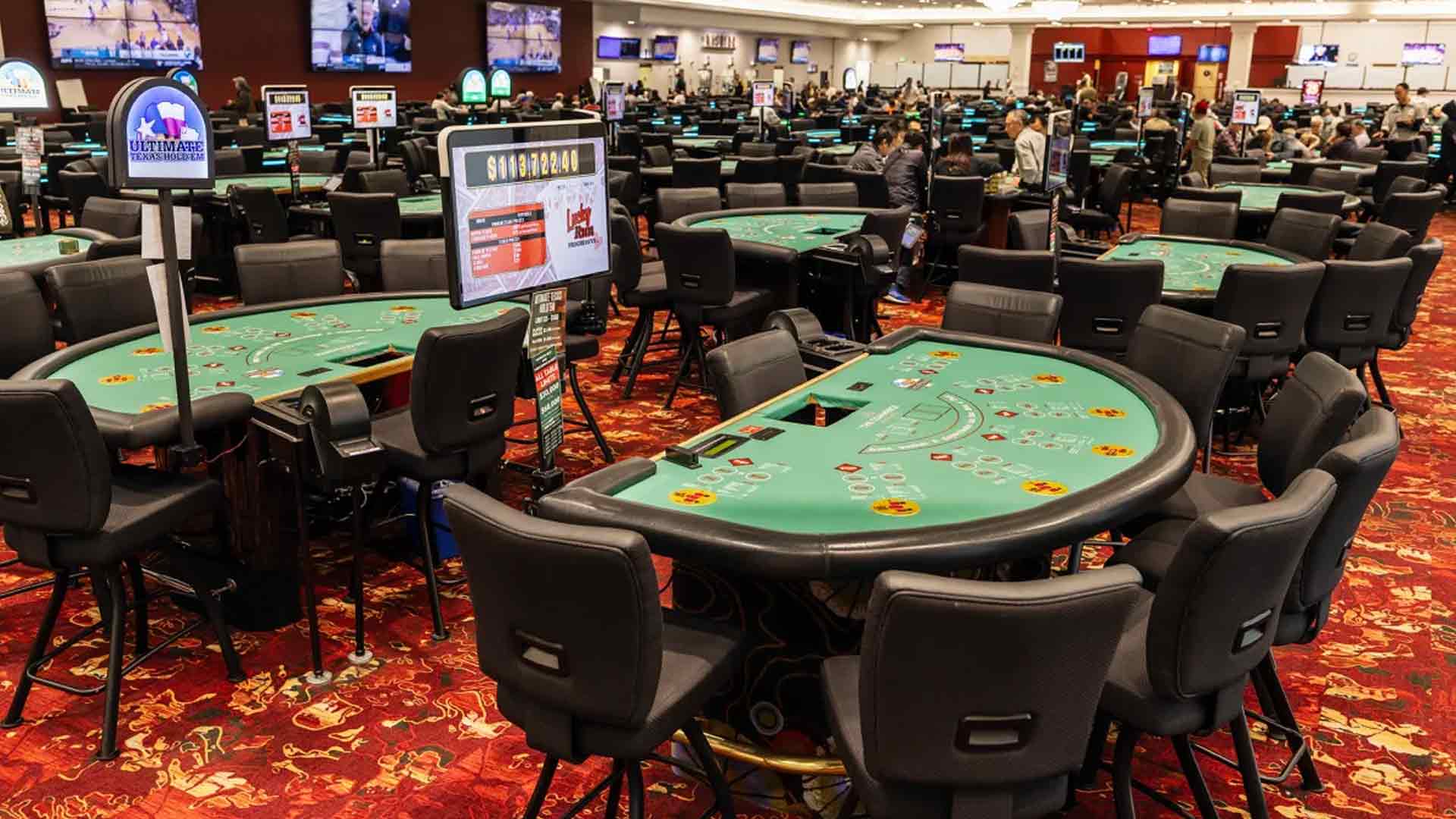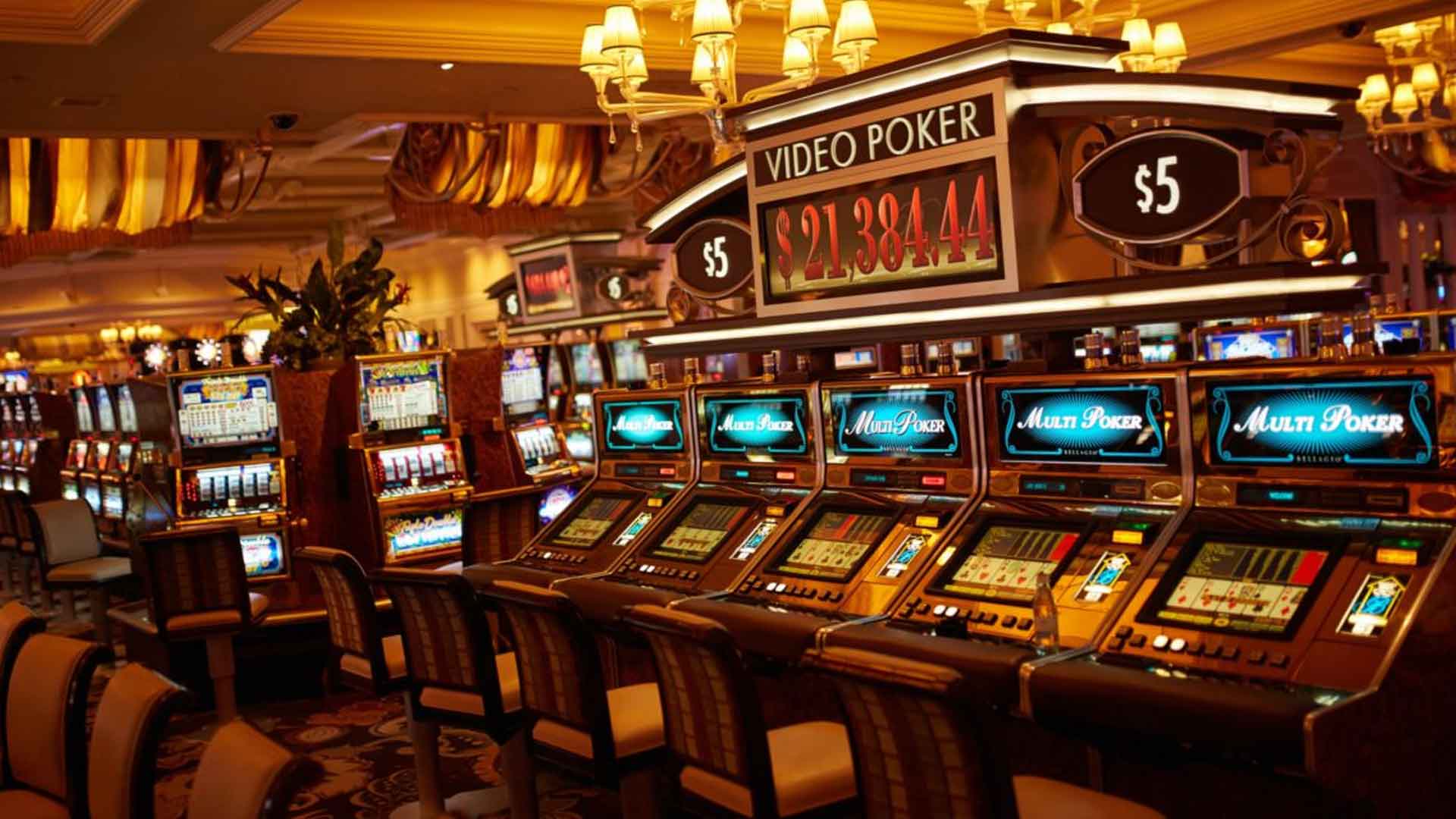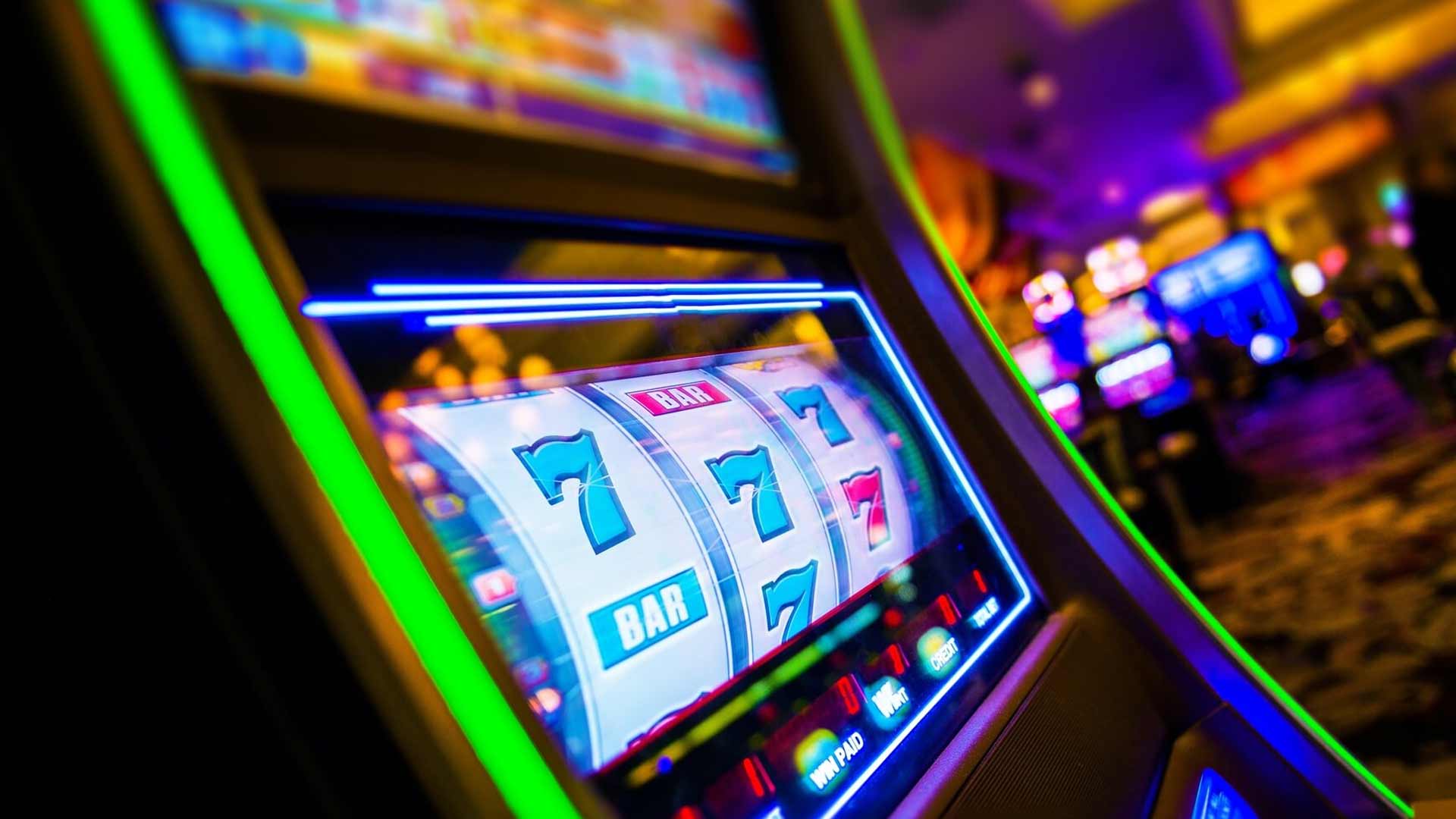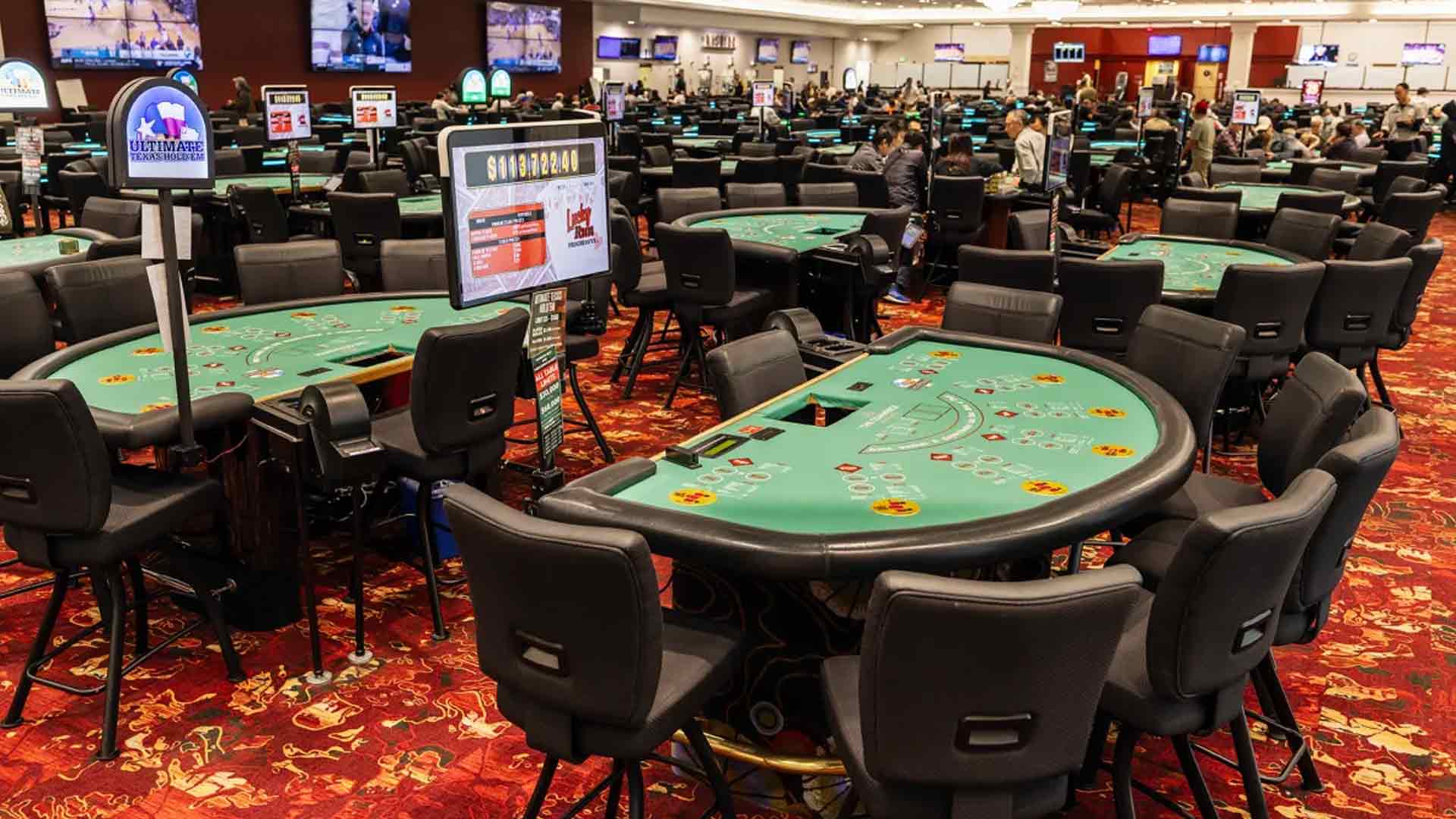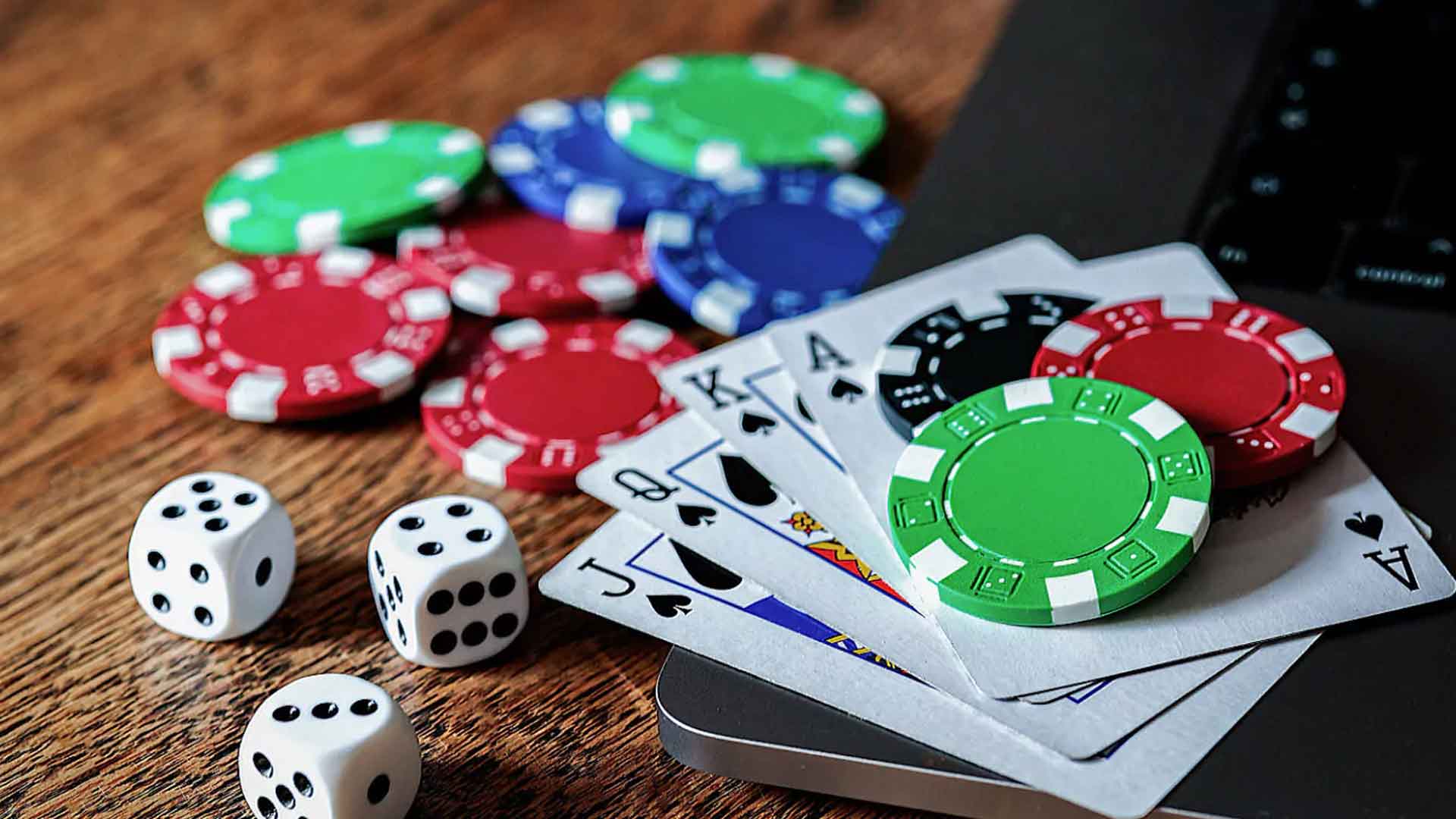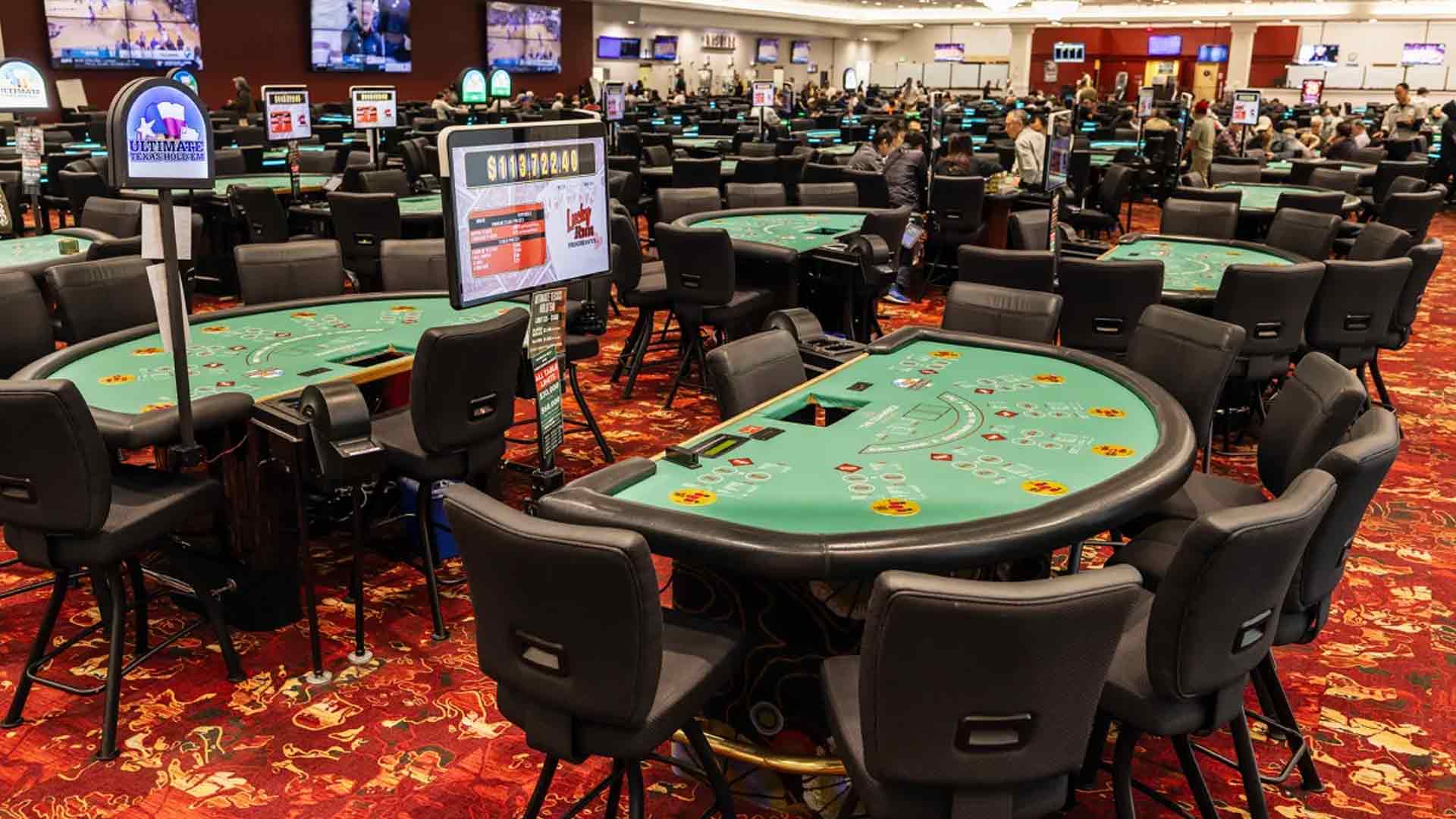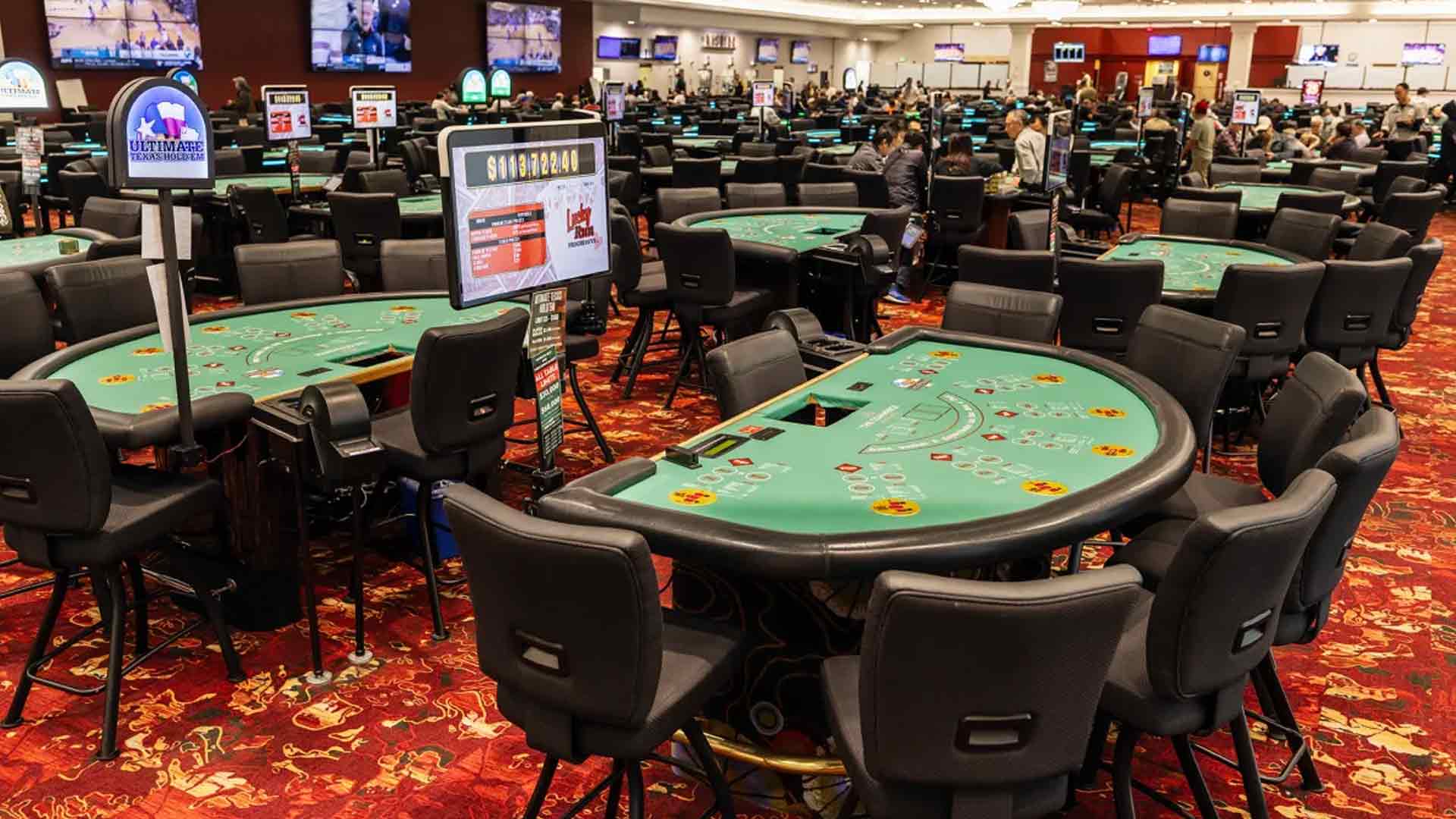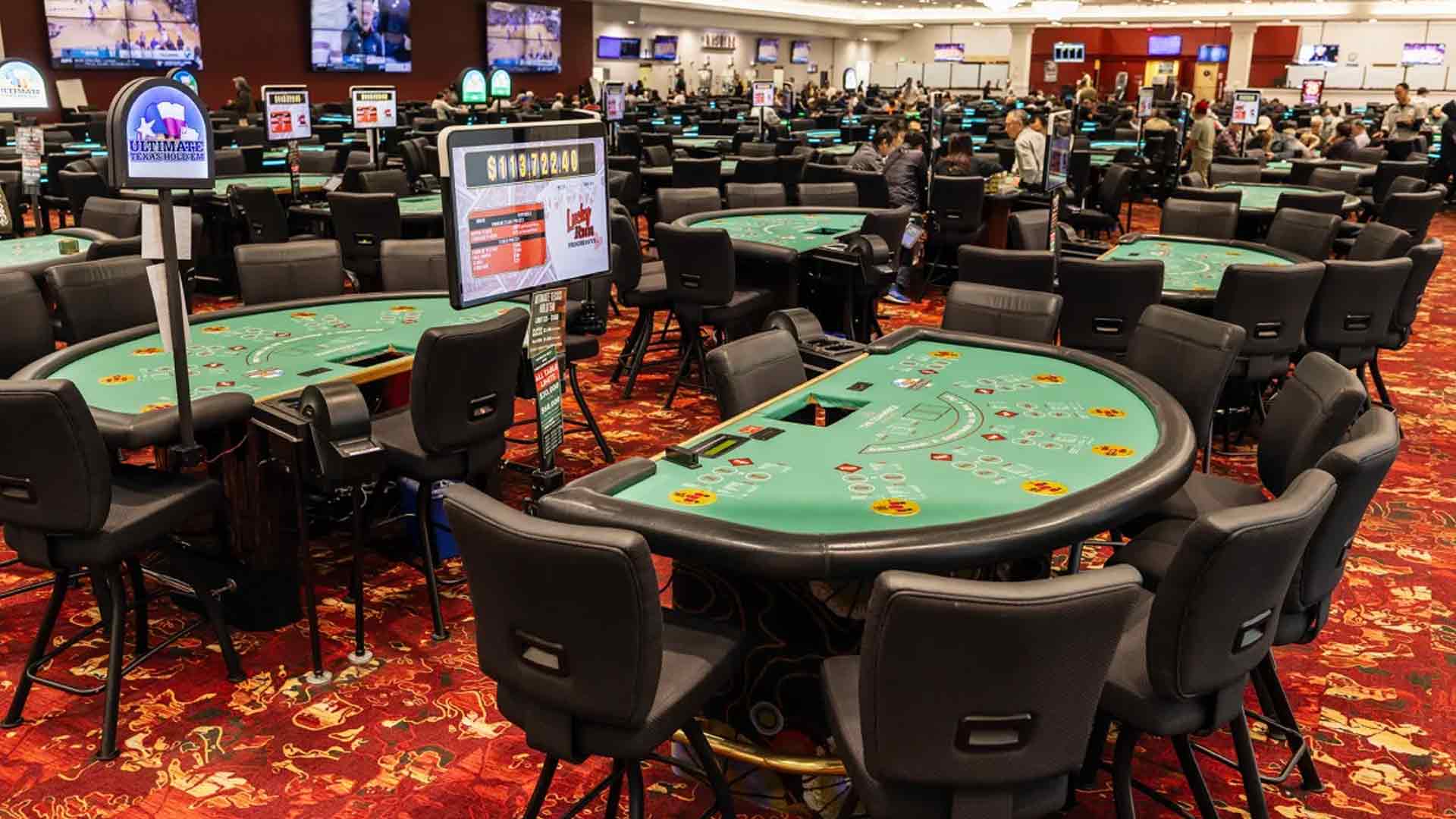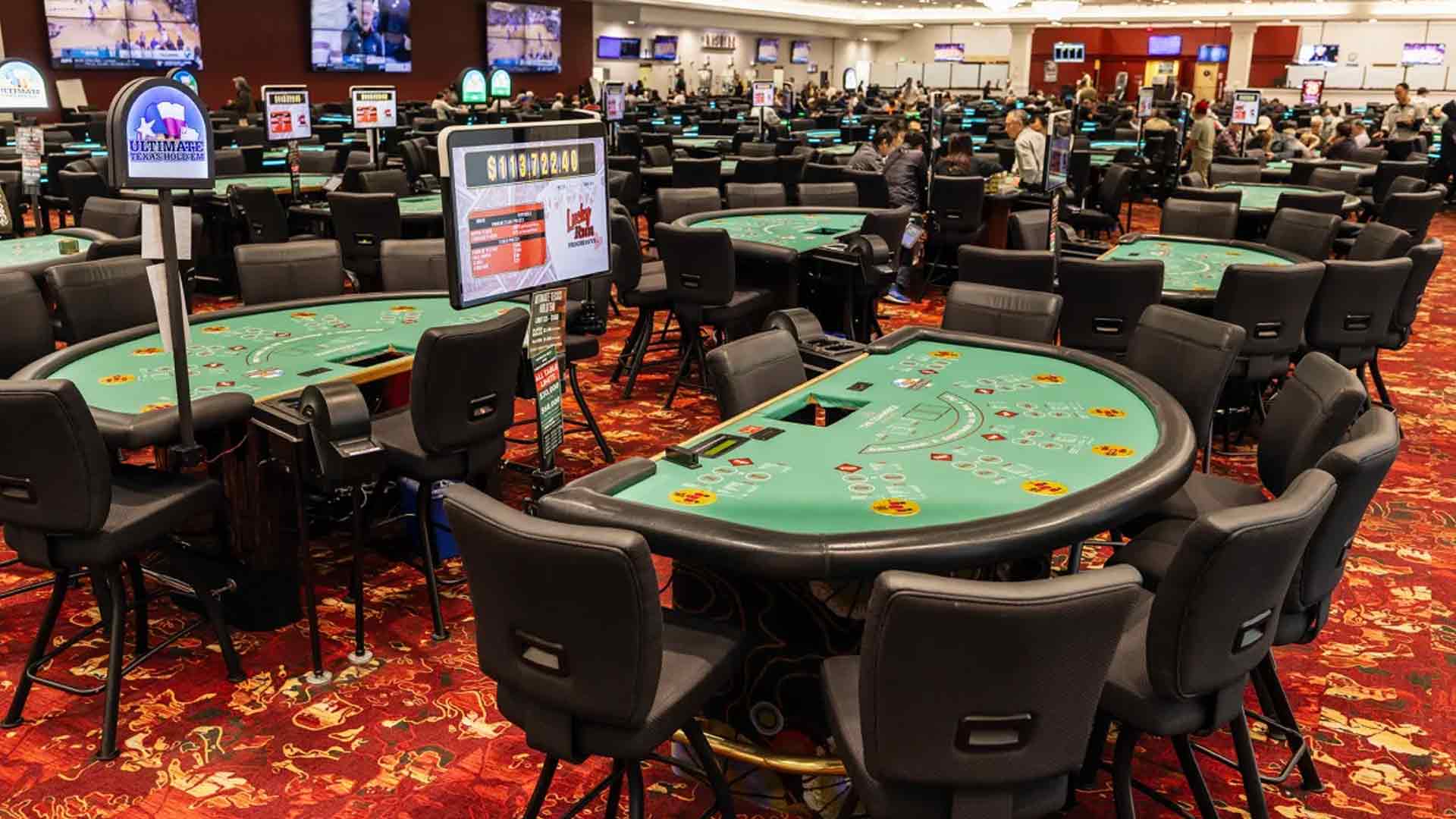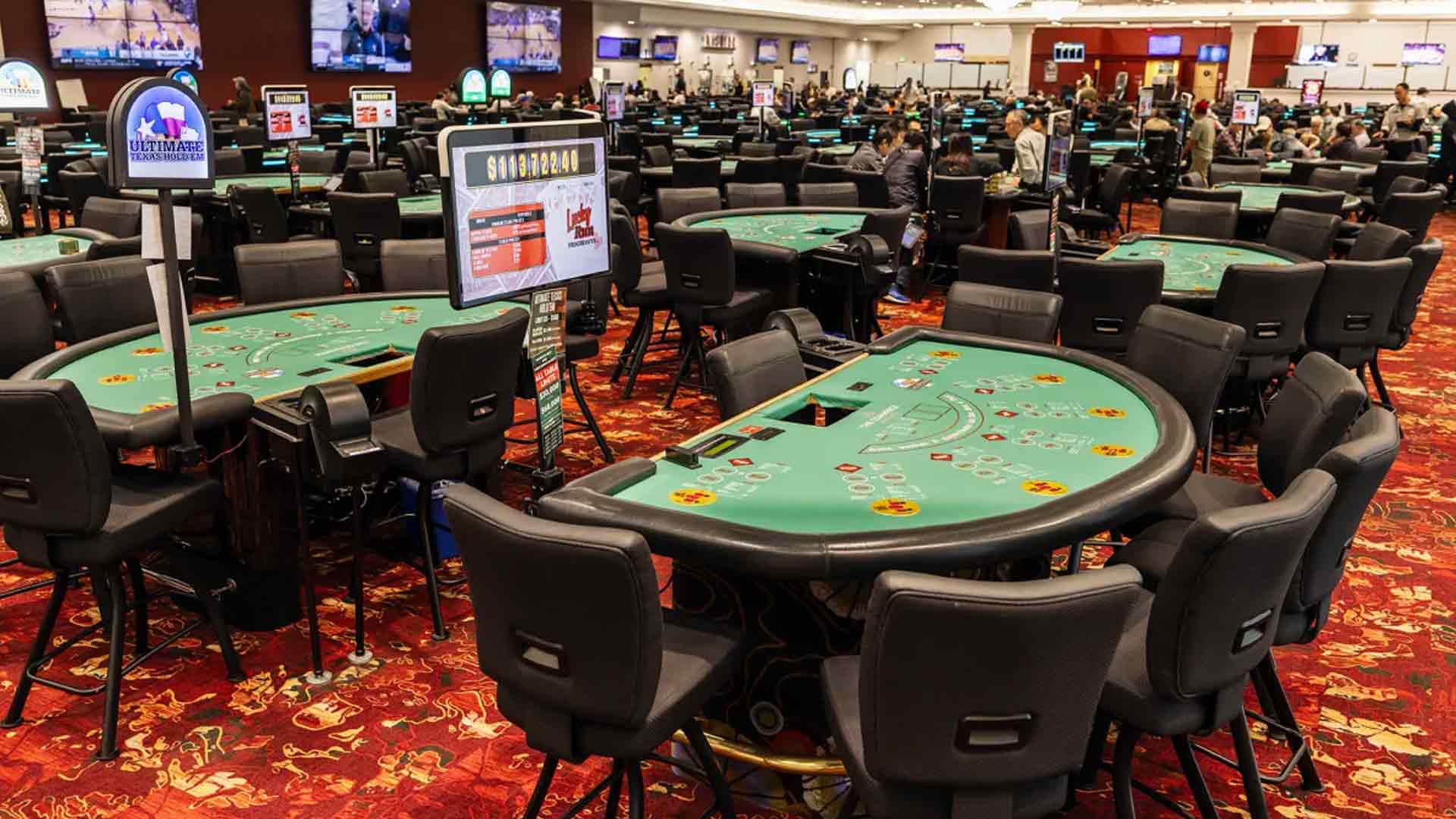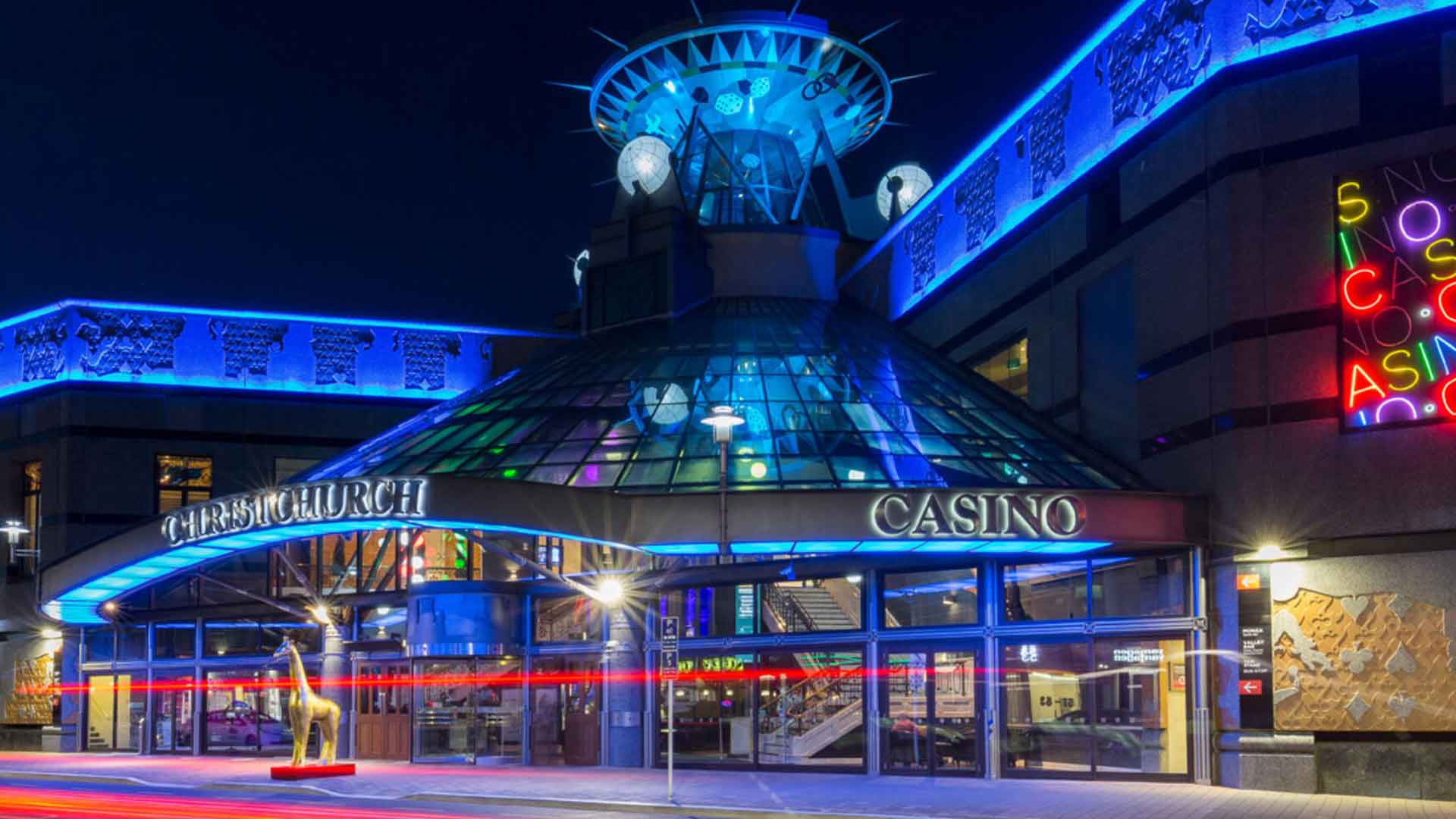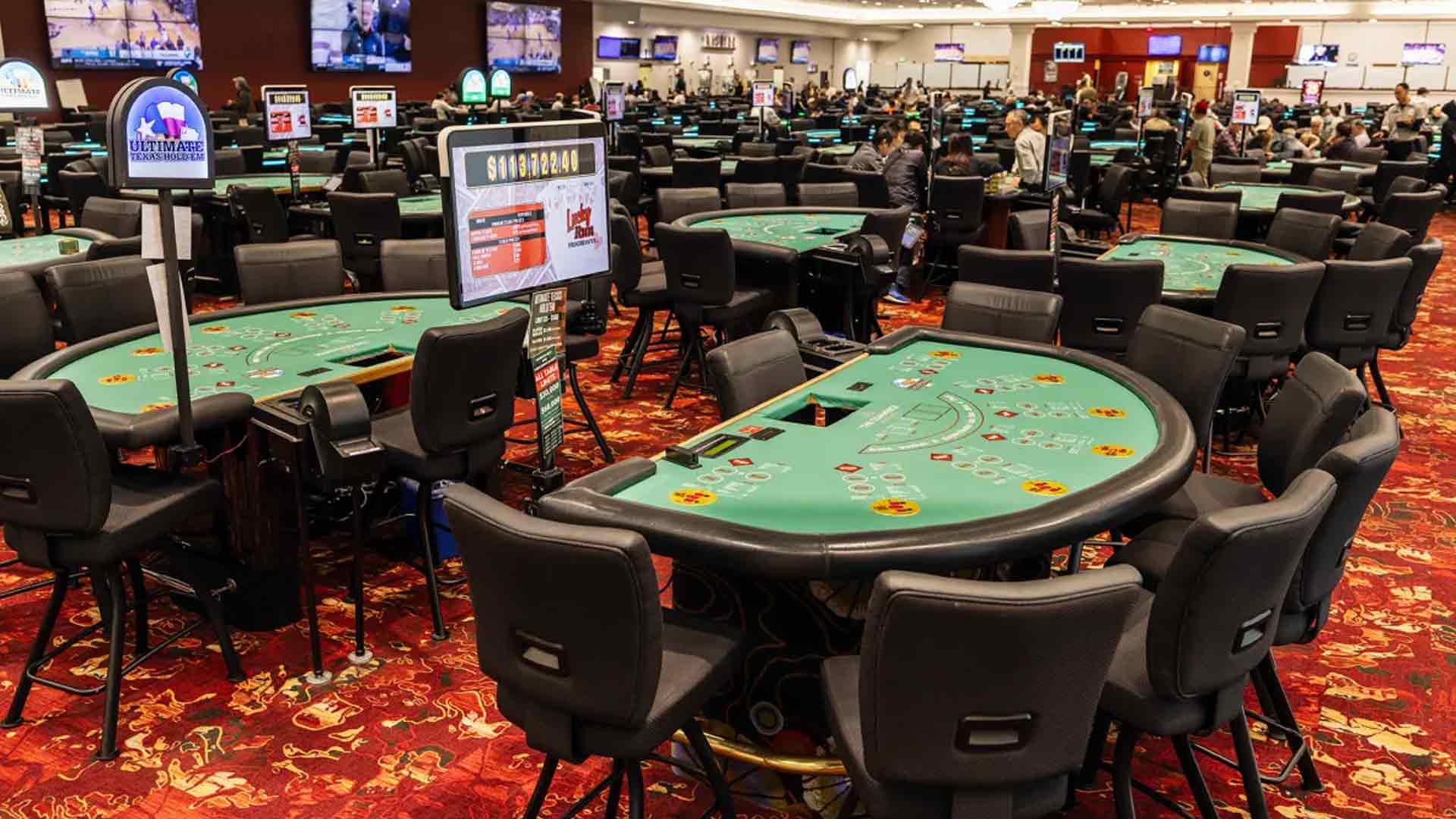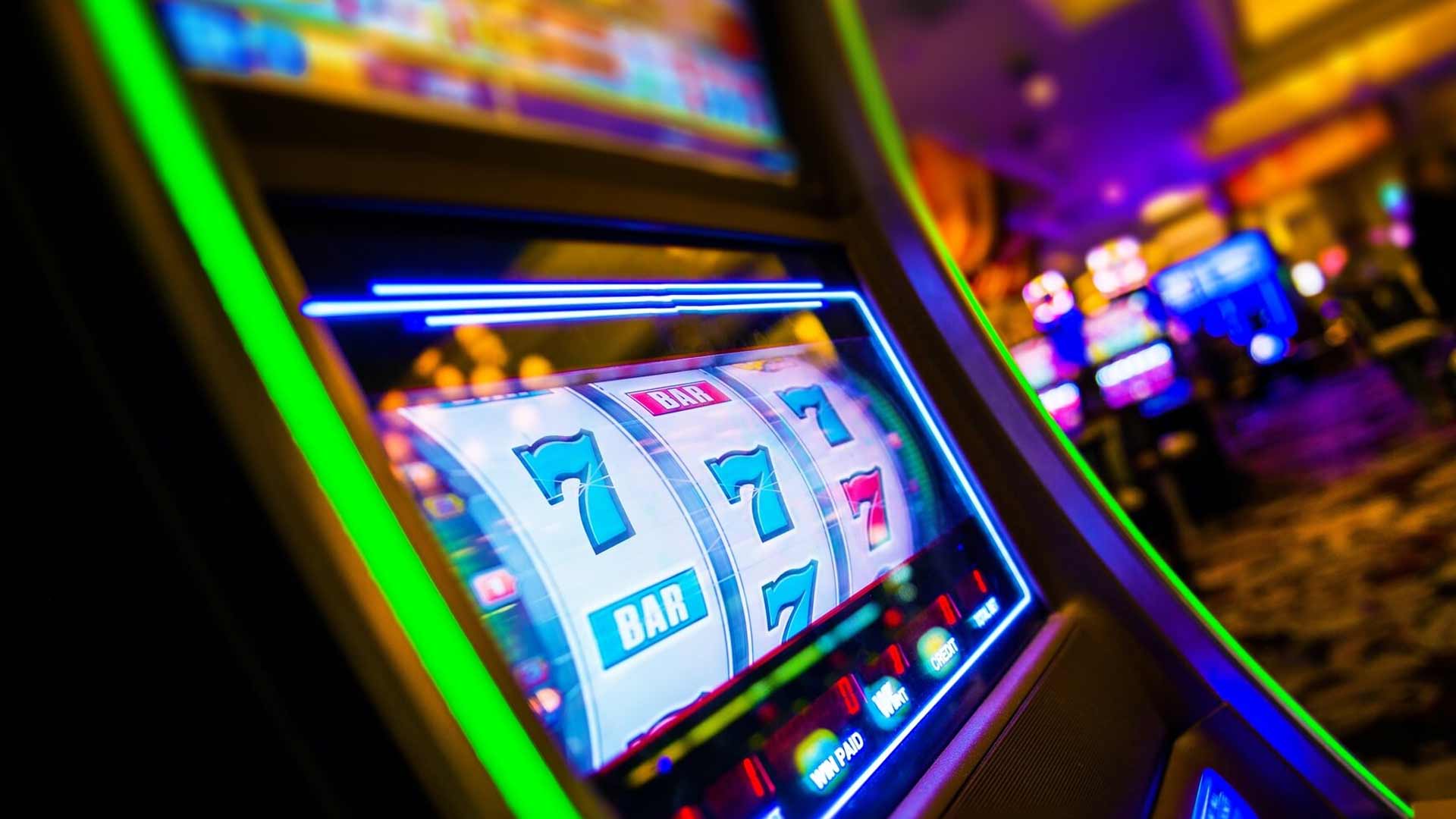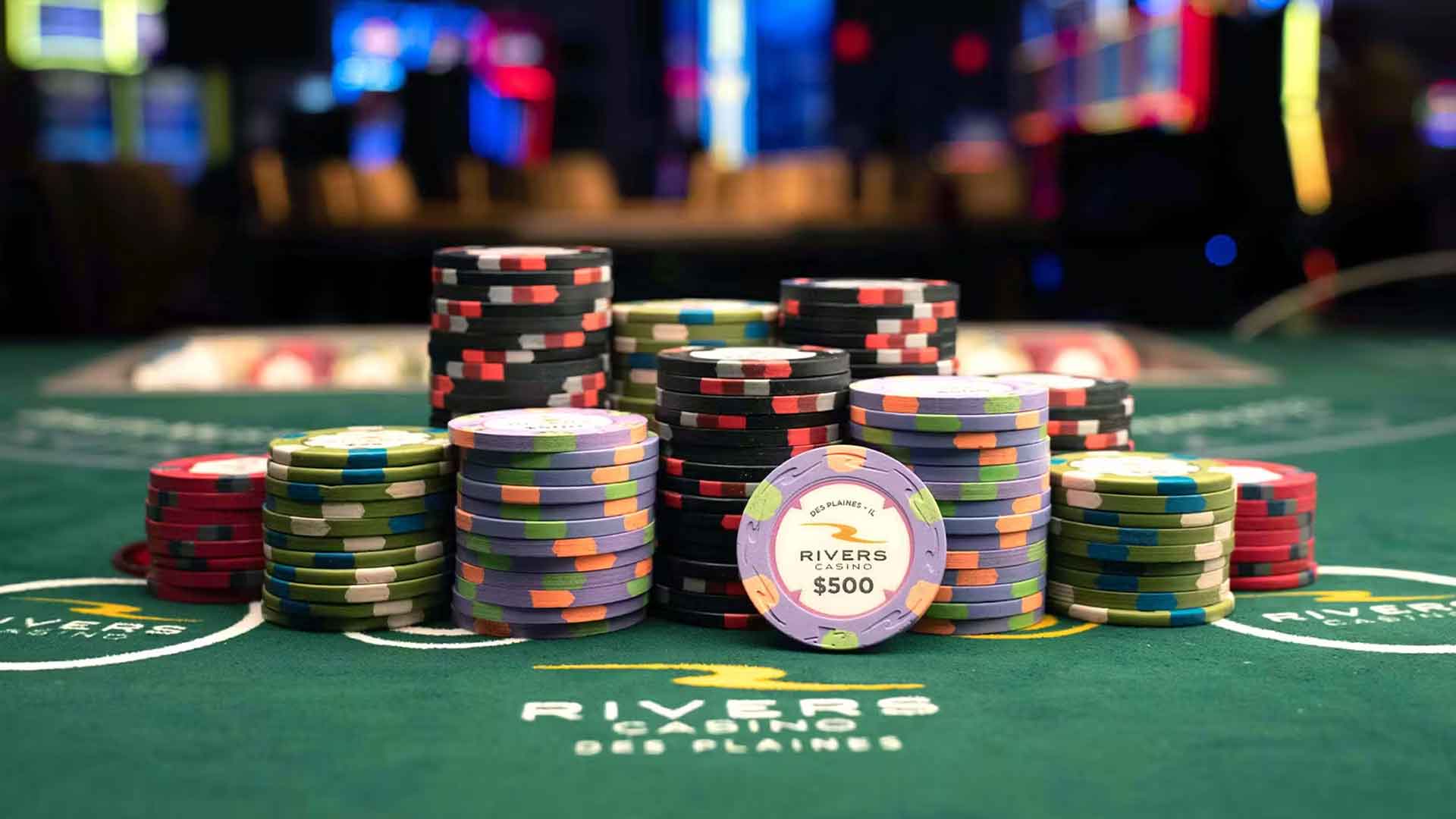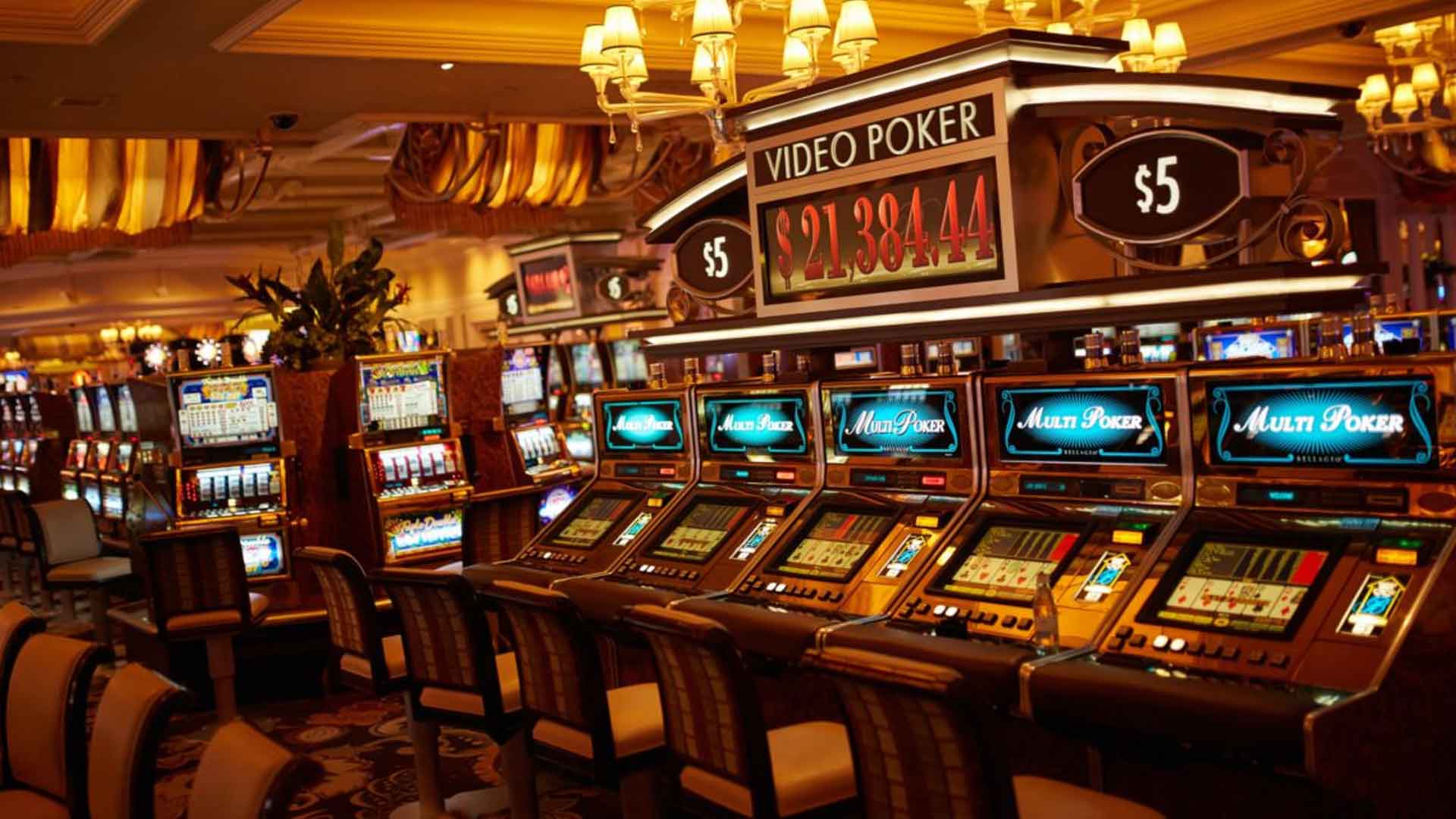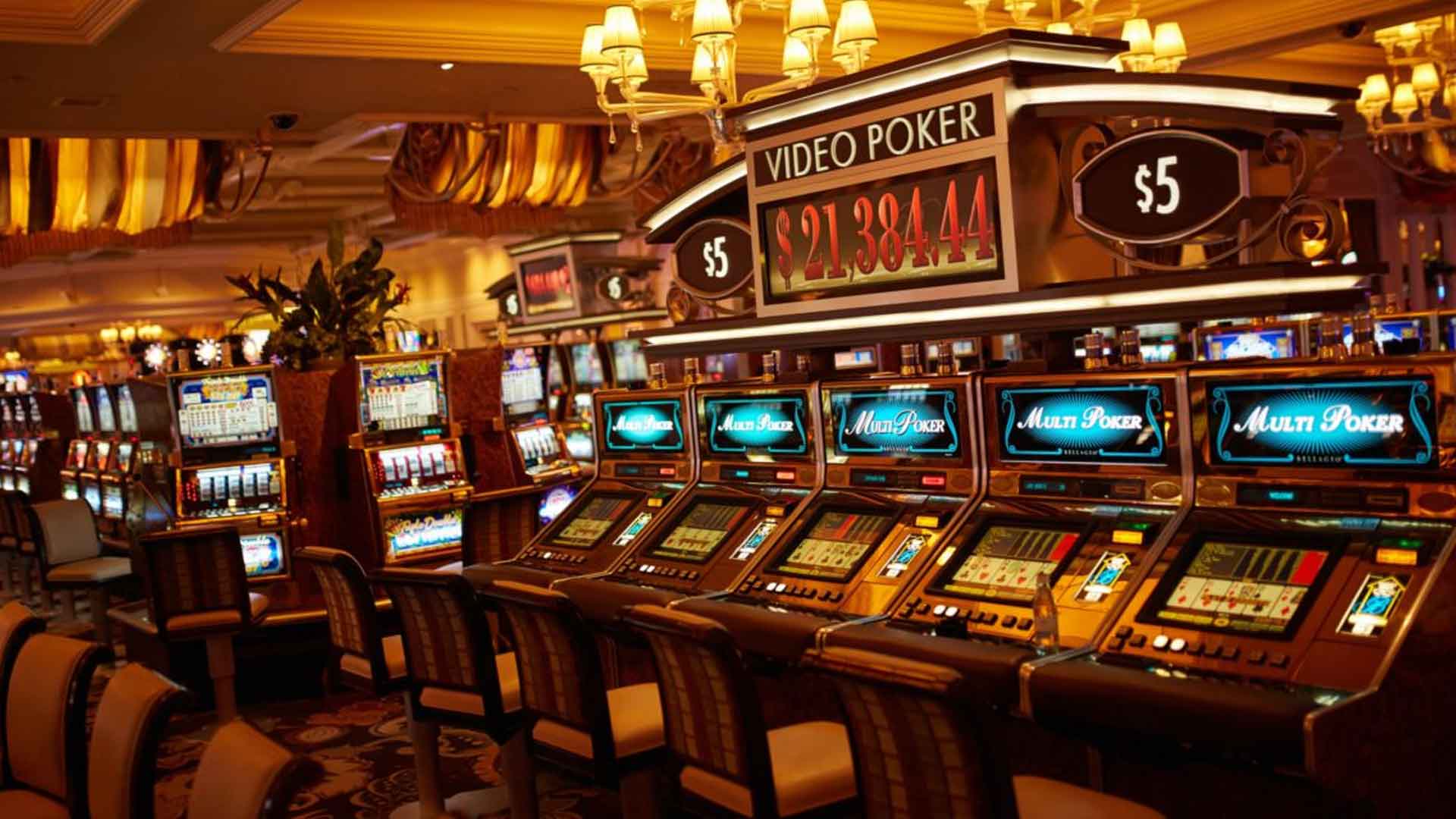The Dark Psychology of Casino Marketing
Casinos are masters of creating an environment that fosters prolonged engagement and encourages spending. While the allure of winning big is the primary draw, the true magic, or rather the dark psychology, lies in the meticulously crafted marketing strategies that exploit human cognitive biases and emotional vulnerabilities. These aren't just bright lights and free drinks; they are carefully orchestrated psychological traps designed to keep patrons immersed and open their wallets.
One of the most potent psychological tools employed by casinos is the principle of intermittent reinforcement. This operant conditioning technique, famously demonstrated by B.F. Skinner, involves rewarding a behavior at unpredictable intervals. In a casino, the "behavior" is placing a bet, and the "reward" is the elusive win. Because wins don't occur on a fixed schedule, players are driven by the hope of the next potential payout, leading to a powerful compulsion to continue playing. The anticipation of a win becomes as potent, if not more so, than the win itself. This creates a dopamine loop in the brain, similar to addiction, making it incredibly difficult to disengage.
Furthermore, casinos expertly manipulate the sense of time. The absence of clocks, the dim and consistent lighting, and the constant stimulation all work to blur the lines of time. Players often lose track of how long they've been playing, making it easier to justify continued engagement and spending. This temporal disorientation prevents rational decision-making and allows the emotional drive to gamble to take over. The outside world, with its demands and responsibilities, fades away, leaving only the immediate gratification and the potential of the next wager.
The very architecture of a casino is designed for psychological manipulation. The maze-like layouts, the lack of natural light, and the strategically placed slot machines, often in high-traffic areas with the most visual stimuli, all contribute to a feeling of being enclosed and disconnected from reality. The sounds of winning machines are amplified, creating an auditory cue that reinforces the idea that winning is frequent and attainable, even if the statistical reality is quite different. The visual chaos, while seemingly random, is carefully curated to distract and overwhelm, preventing a clear assessment of one's losses.
Casinos also leverage the power of social proof. When patrons see others winning, or even just enthusiastically playing, it creates a sense of normalcy and legitimacy. The shared experience, even if individual, can foster a feeling that "everyone else is doing it, so it must be okay" or "if they can win, why can't I?" This social validation can override personal judgment and encourage participation, even for those who might otherwise be hesitant.
The concept of "near misses" is another brilliant psychological tactic. Slot machines, in particular, are programmed to often display symbols that are just one step away from a winning combination. This "almost winning" sensation tricks the brain into believing that a win is imminent, increasing the likelihood of another bet. It reinforces the idea of being "close" and encourages persistence, rather than signaling the reality of a loss.
Finally, the careful use of incentives and promotions, like loyalty programs, free play, and complimentary beverages, plays a significant role. These aren't just acts of generosity; they are calculated investments in customer retention and increased spending. The perceived value of these "freebies" can outweigh the actual cost of the gambling, making players feel like they are getting a good deal, even as they are encouraged to gamble more. For those looking for a comprehensive online gaming experience that incorporates exciting slots and sports betting, exploring options like m88 sport slot can offer a glimpse into the modern evolution of these marketing strategies, albeit in a digital space.
In conclusion, casino marketing is a masterclass in applied psychology. By understanding and exploiting fundamental human tendencies towards reward, pleasure, social influence, and the avoidance of loss, casinos create environments that are not just entertaining, but also incredibly effective at encouraging continuous play and spending. The dark psychology at play ensures that the house almost always wins, not just through luck, but through calculated design.
